Rapid Growth and Sustainable Renewal
Did you know that bamboo is one of the world's fastest-growing plants? Some species have been known to grow up to 35 inches in a single day! Bamboo grows at an extremely rapid pace, a plant can achieve full maturity in three to five years. This makes bamboo a particularly renewable resource. In contrast to conventional lumber, which may take several decades to reach maturity, bamboo is often harvested without depleting the planet's resources.


Rapid Growth and Sustainable Renewal
Did you know that bamboo is one of the world's fastest-growing plants? Some species have been known to grow up to 35 inches in a single day! Bamboo grows at an extremely rapid pace, a plant can achieve full maturity in three to five years. This makes bamboo a particularly renewable resource. In contrast to conventional lumber, which may take several decades to reach maturity, bamboo is often harvested without depleting the planet's resources.
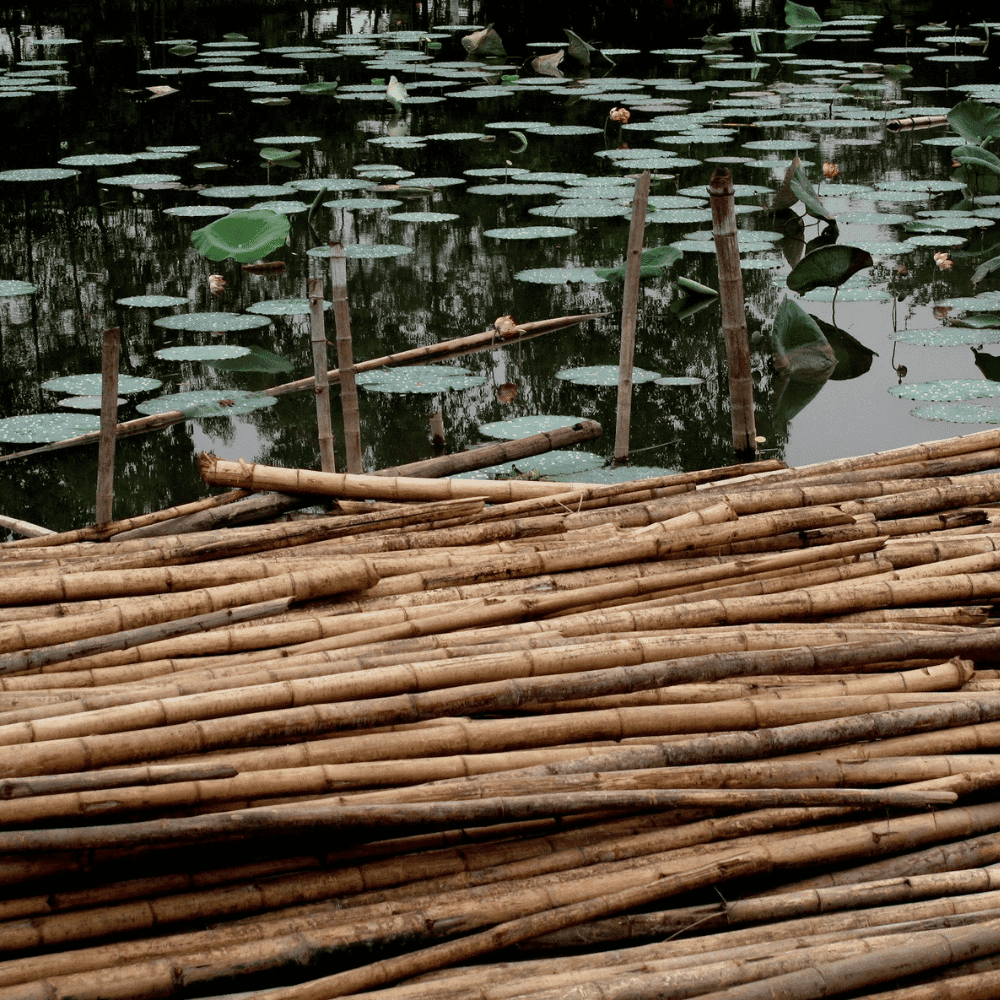
Water-Wise Alternative for Eco-Friendly Farming
When compared to crops like cotton, bamboo plants use a lot less water, making them water-wise. This makes it an excellent choice for regions with limited water resources. Also, it has a natural defence, which lessens its need for chemical fertilisers & pesticides. This type of farming maintains the general balance of the ecosystem & the health of the soil.
Enhances Soil Health and Prevents Erosion
Even after harvesting, the roots of bamboo stay in place, preventing soil erosion by functioning as natural anchors. Through better water retention & the promotion of a healthy microbiological ecosystem, these underground networks also improve soil health. Degraded soils can be revitalised with bamboo plants, transforming barren regions into lush, fruitful landscapes.
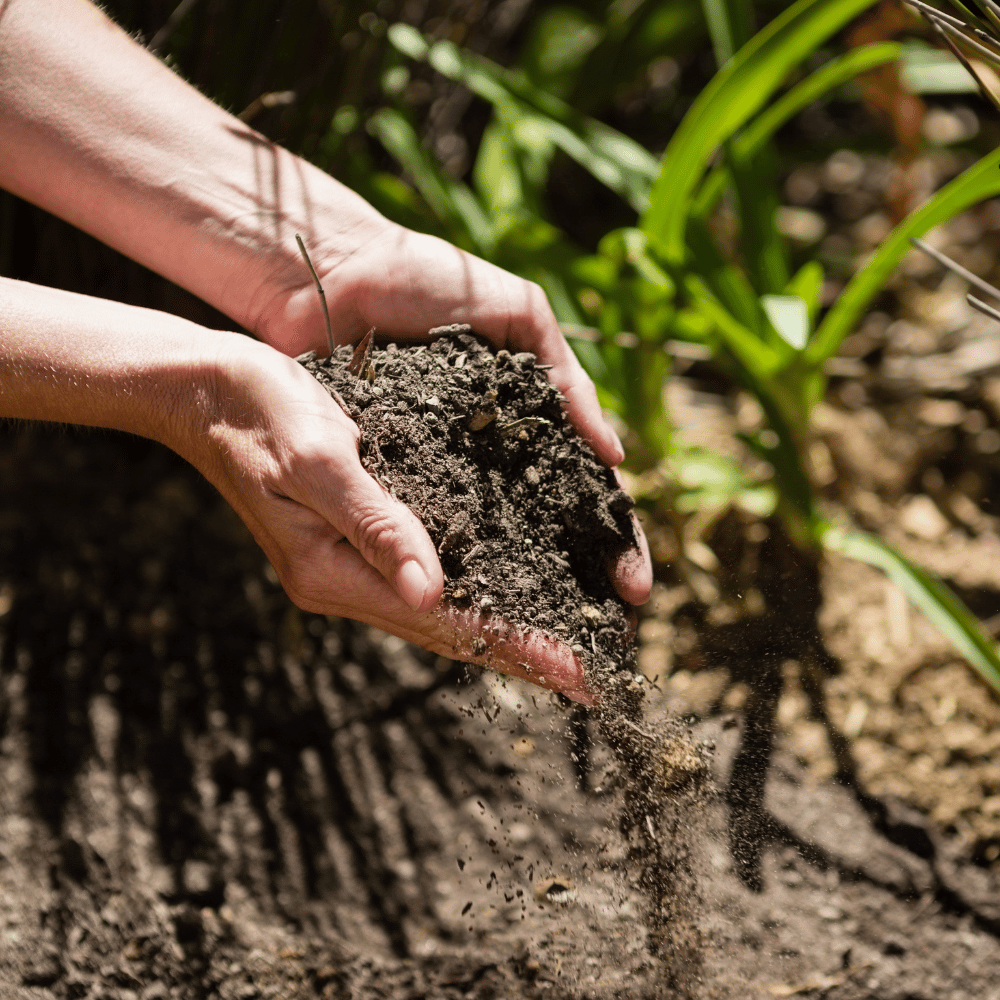

Enhances Soil Health and Prevents Erosion
Even after harvesting, the roots of bamboo stay in place, preventing soil erosion by functioning as natural anchors. Through better water retention & the promotion of a healthy microbiological ecosystem, these underground networks also improve soil health. Degraded soils can be revitalised with bamboo plants, transforming barren regions into lush, fruitful landscapes.
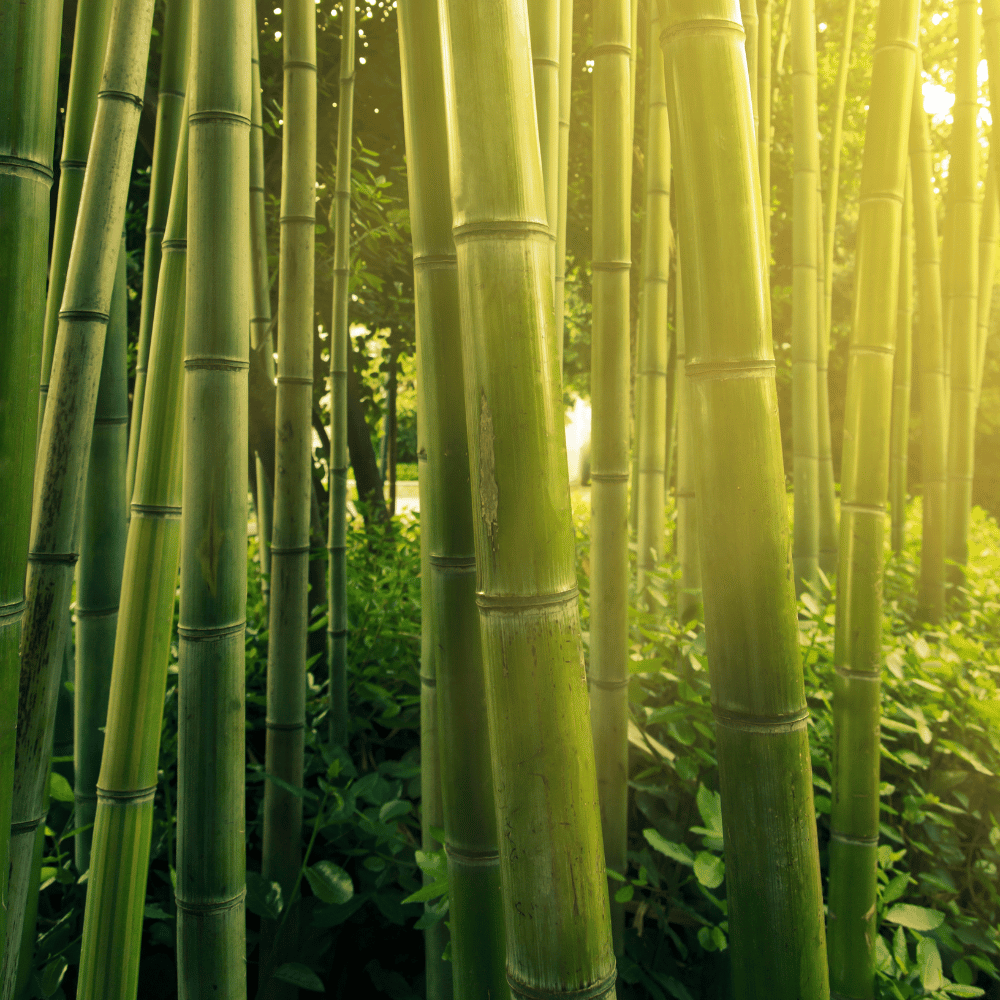
Superior Carbon Capture & Oxygen Production
Bamboo is a superstar when it comes to capturing carbon dioxide. It absorbs five times more carbon dioxide and produces 35% more oxygen than an equivalent stand of trees. This remarkable ability makes bamboo a powerful ally in the fight against climate change, helping to reduce greenhouse gases and clean the air we breathe.
Biodegradable and Earth-Friendly
For centuries, synthetic materials have been left to rot in landfills. Conversely, bamboo fibres are completely biodegradable and disintegrate spontaneously without producing any hazardous byproducts. Products made of bamboo return to the ground at the conclusion of their life cycle, minimising waste and degradation of the environment.
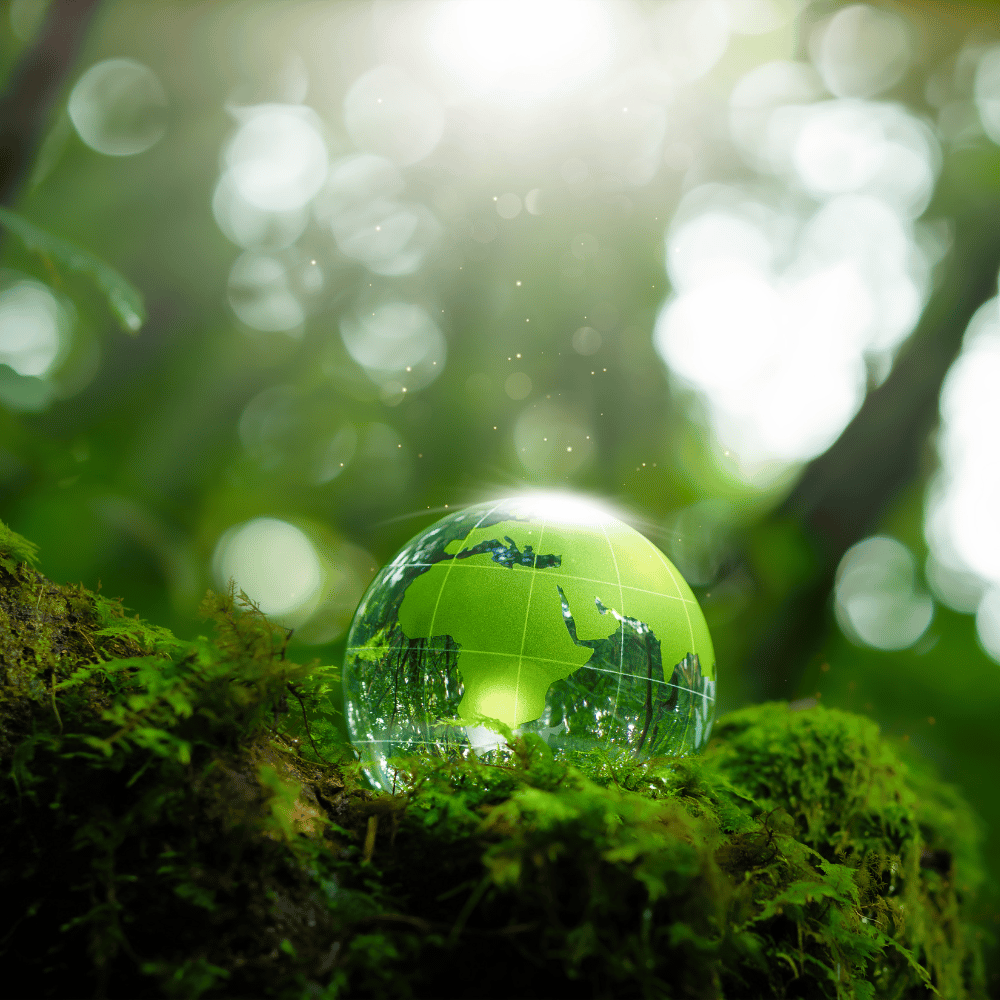

Biodegradable and Earth-Friendly
For centuries, synthetic materials have been left to rot in landfills. Conversely, bamboo fibres are completely biodegradable and disintegrate spontaneously without producing any hazardous byproducts. Products made of bamboo return to the ground at the conclusion of their life cycle, minimising waste and degradation of the environment.

Green Alternative to Reduce Deforestation
Bamboo provides a sustainable substitute for numerous commonly used items. Selecting bamboo over hardwoods contributes to the reduction of forest pressure and the fight against deforestation. Bamboo is a sustainable substitute for many industries, including building, paper manufacturing, and textiles, because of its rapid maturity and renewability. You are contributing to the preservation of our priceless forests for future generations by choosing bamboo.
Biodiversity Booster
Bamboo cultivation can enhance biodiversity by providing habitats for a diverse range of wildlife species. It supports ecosystems and promotes the conservation of native flora and fauna. In regions where bamboo is native, its growth bolsters local biodiversity and sustains wildlife populations, creating a thriving natural environment.
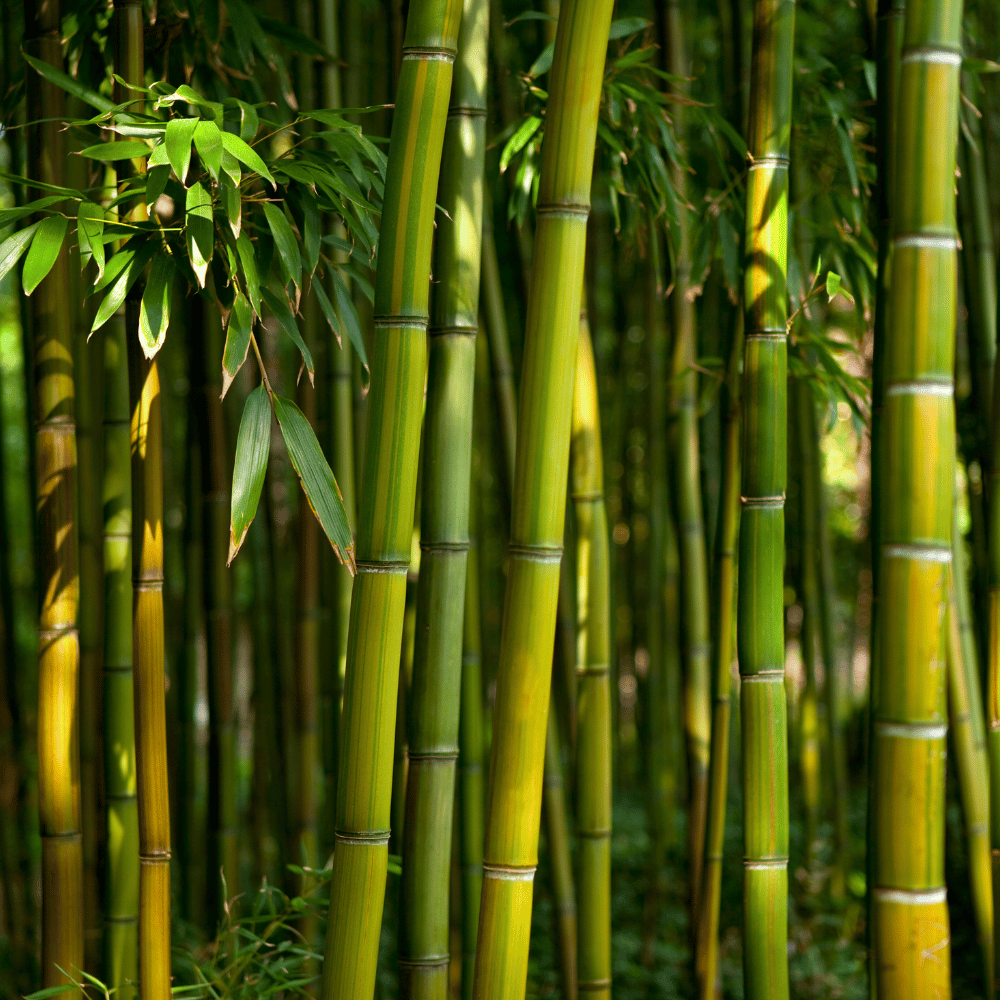

Biodiversity Booster
Bamboo cultivation can enhance biodiversity by providing habitats for a diverse range of wildlife species. It supports ecosystems and promotes the conservation of native flora and fauna. In regions where bamboo is native, its growth bolsters local biodiversity and sustains wildlife populations, creating a thriving natural environment.

Energy-Efficient Fabric Production
When bamboo is processed into fabric, it uses a lot less energy than when typical textiles are made. Modern techniques have enabled the production of resilient, silky bamboo textiles with minimal environmental impact in eco-friendly ways. This translates to opulent, superior goods that are kind to the environment.
Join the Bamboo Revolution with Debaans
When you choose Debaans bamboo products, you make a diligent choice to promote sustainability while also enjoying rich luxury and design. In addition to offering remarkable softness and elegance, our bamboo home and clothing linens also help to conserve the environment. By working together, we can significantly lessen our ecological footprint and advance a more environmentally friendly future.



